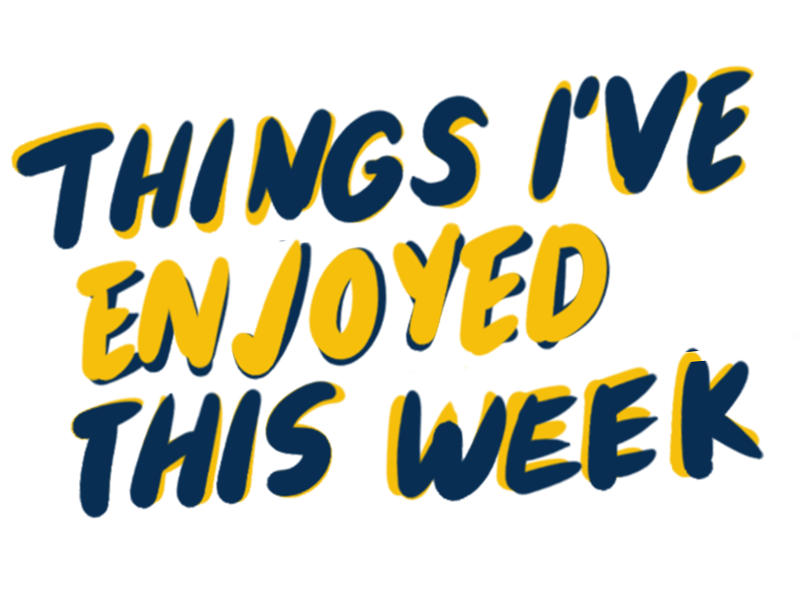The fear factor
Is fear a motivating management technique?
Since the beginning of time, people have harnessed the power of fear as a weapon to exercise control. It doesn’t take a physical threat to spark fear, although that is something many people deal with on a daily basis.
In this week’s newsletter, I want to explore how people create and foster atmospheres of fear, both at work and at home, in order to get what they want.
Fear as a management technique
Whether done knowingly or not, many bosses employ fear as a tool to manage their staff. For them, it’s about creating an environment where the threat is ever-present and the risk of stepping out of line is high.
As a member of staff working in this environment, what are you actually in fear of? Well, of course, there’s always the fear of losing your job. But it extends far further than this, there’s a fear of losing approval from senior staff and your peers, the fear of “not fitting in” and the fear of disappointing someone you admire. All of these factors are known to managers who operate in this way and, as a result, they use this to their advantage to squeeze more out of you.
I’ve talked extensively about my own experience in a toxic corporate environment, including how the company’s senior managers created an environment of fear to keep people motivated.
I distinctly remember an occasion in which we were informed that the company would face struggles due to Brexit, and the manager informed me and my team that “marketing is always the first to go - and within marketing, social media is probably the hardest to justify.”
I was the social media manager.
As a manager of a team, it’s your job to support your team and offer them a sounding board for ideas and encourage them to bring out the best in themselves. However, you are still a figure of authority and, I think, many managers get authority mixed up with authoritarian.
And that’s where people reach for fear as a means of controlling people at work.
Even as a freelancer, you can’t really escape this sort of nonsense. When you first start out, friends and family will likely subject you to a tirade of well-meaning statements such as:
“I wouldn’t be quitting my job to go freelance when the economy is in this state!”
“Starting your own business? Make sure people pay you on time!”
“Maybe get a part-time job, for now, full-time self-employed is a big risk.”
Of course, the intent is never malicious behind these statements, they just want you to be aware of the risk you are taking. They’re also often deflecting their own fears back on you.
Fight or flight (or run)
As humans, we experience fear for a reason. The amygdala alerts your nervous that there is a stimulus and your body will start to release cortisol and adrenaline. “Fight or flight” is a response to the fear that mental health doctors have adopted, showing us how our primitive brains behave.
The amygdala is a sensitive little guy and, while he often thinks he’s doing what’s best for our safety, he is, in fact, a pain in the arse. Popping off at the smallest of things and sending us into a flurry of panic over scenarios that haven’t even happened yet (hello panic disorder).
I asked the Twittersphere to share their own experiences of working in an environment of fear, here’s what they said:





Things to remember about fear (and people who use it against you)
When people use fear, they themselves are scared of losing control.
Fear of the thing is often much, much worse than the thing.
You deserve to live and work in an environment free from fear, no matter who you are.
If you want to chat about this or anything else mental health-related, you’ll find me on Twitter @ContentByTheSea or you can reply to this email for a chat.
📚 The Maidens by Alex Michaelides - Dark academia murder mystery with a spattering of greek mythology.
📺 Bob’s Burgers (Disney +)
🎥 Fear Street Part II 1978 (Netflix) - Trashy thrasher flick with a fun young cast, kind-of Stranger Things vibes but more blood.
💉 Being double-jabbed babbyyyyyy
Enjoyed this? You might like these past issues:
3 August: You shall not pass
28 July: Recharging your mental battery
21 July: How much is too much to share
14 July: We’ve got to talk about Twitter
7 July: Meet my poison parrot
30 June: Memes are the best medicine
23 June: Backup plan
17 June: The sun always shines on TV
10 June: Practical tips for panicky people
3 June: Sciatica strikes back
26 May: Looking after yourself is hard







👏👏👏